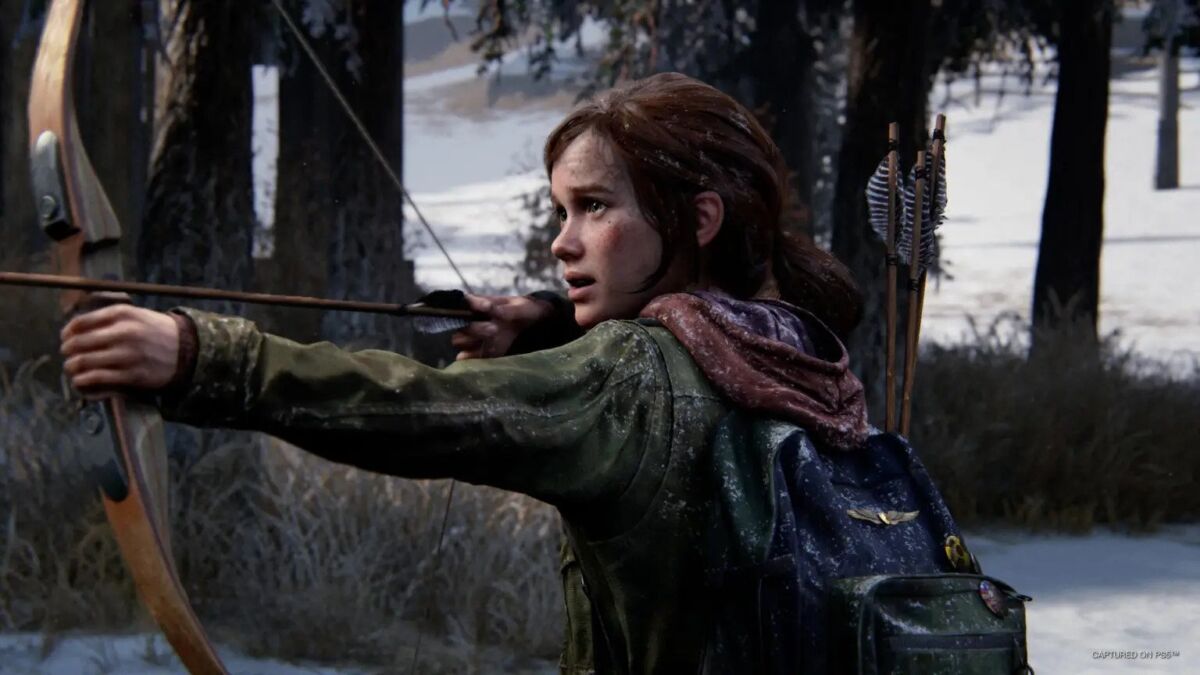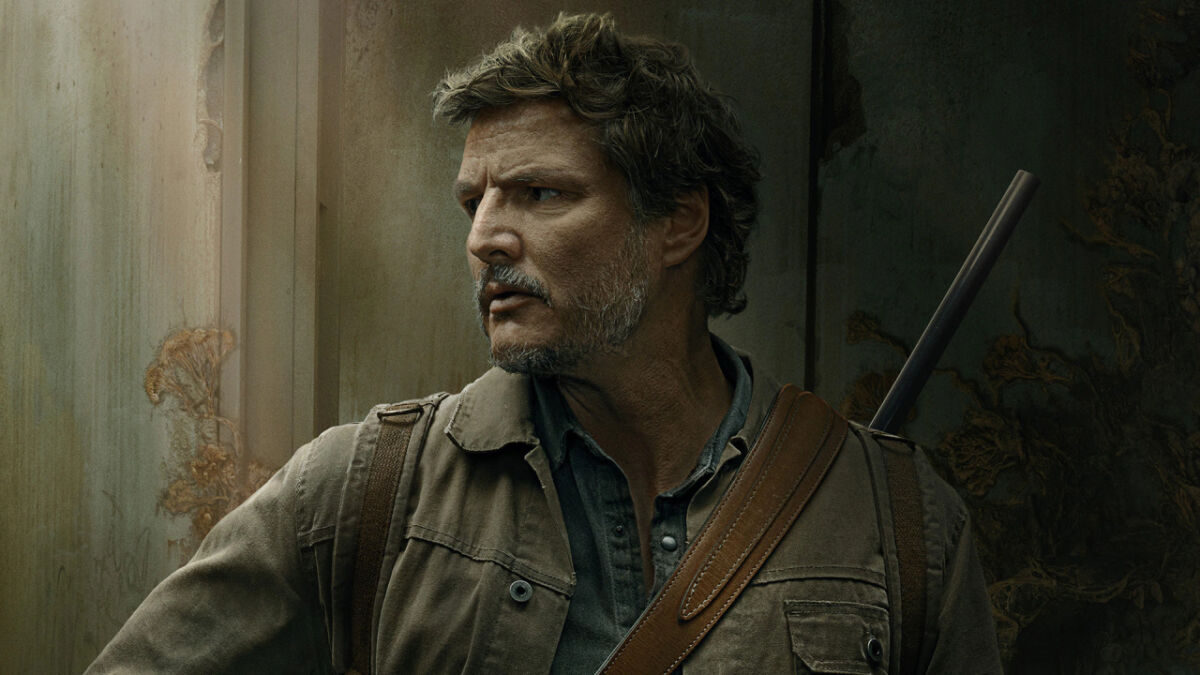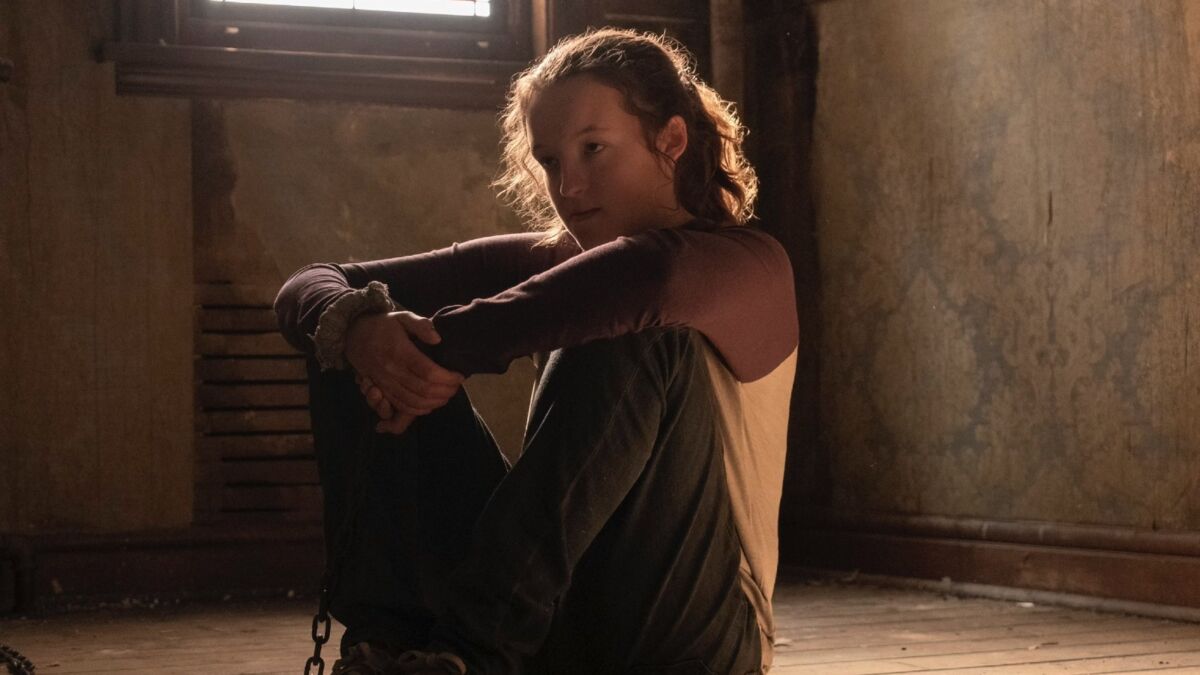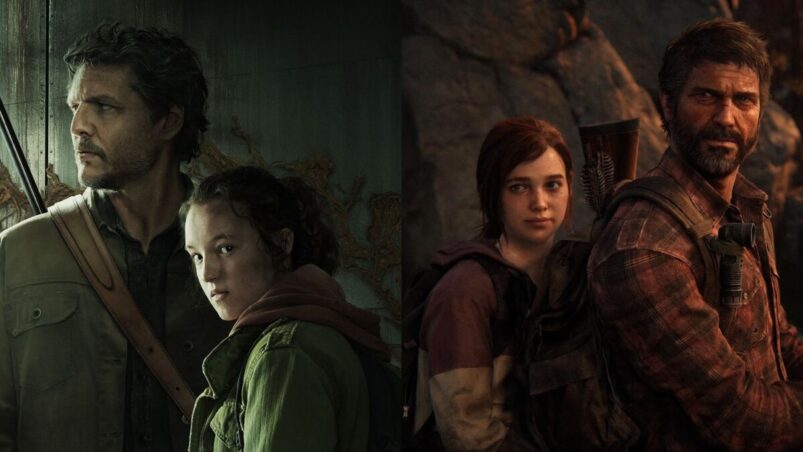
Well, we’ve finally seen the day. After decades of trying, from the laughable Mortal Kombat movies through to the disastrous recent Resident Evil TV adaptation, Craig Mazin and Neil Druckmann have delivered a bona fide winner. HBO’s The Last Of Us is surely the most acclaimed and heralded video game adaptation of all time, proving once that, when done properly, games can transfer across the great divide (provided you don’t let Uwe Boll anywhere near them).
Much of this success owes to the fact that many of the game’s original creative visionaries were also transferred across, including the game’s original director Neil Druckmann. What has been so evident across the HBO show’s eight-episode run is a clear understanding of what made the source material work, a deep, intimate connection with the tensions, places and fundamentally the characters at the heart of one of the most acclaimed games of its generation.
With that familiarity comes a similar on-screen narrative. HBO’s effort matches pretty closely the journey taken by Naughty Dog’s 2013 release in terms of storyline and character, a revelation that might lead many franchise newcomers to feel as though the show essentially functions as a parallel entity, removing the necessity to scour eBay for an old PS3 to see what they’d been missing.
To an extent, however, you’d be wrong to think that. Not only does the original game stand up astonishingly well even without a £60 remaster, it still remains the best way to enjoy Joel and Ellie’s post-apocalyptic survival epic. In short, there are some things that a game can give you that a passive medium cannot, and few titles demonstrate this quite so expertly as Naughty Dog’s The Last Of Us.

Part of this comes with the nature of the contrasting formats, and while it isn’t fair to decry HBO’s adaptation for being limited by its very medium, it’s worth pointing out the blindspots of a television remake. Having played through the original game, it’s hard not to watch along and not feel frustrated at how little of this post-cordyceps society is actually available to you to roam and discover. Exploring isn’t explicitly part of the game’s actual story, but it enables a player to feel involved in the shattered, lost world so effectively portrayed by the developers.
The original game has the luxury of time, with key exchanges, sequences and events cut from the show either due to temporal restrictions or, one could more cynically suggest, budgetary ones. The sequence in which Joel is impaled on a metal rod after falling from a balcony when fighting off bandits is significantly better than the relatively innocuous stabbing the show opts for instead – it’s more cinematic, more gruelling and far more impactful as result.
Joel and Ellie’s “capture” by the idealistic rebel group the Fireflies at the season’s climax, meanwhile, comes by virtue of a single flashbang grenade. It pales in comparison to the breathless sequence from Naughty Dog’s original in which Ellie is rendered unconscious after being almost drowned in a flooded underpass, leaving a desperate Joel vulnerable to capture.
It is time that breeds such a strong familiarity with the game’s characters and the world itself. You’ll become intimately acquainted with post-pandemic America as you roam across smashed-out coffee bars to now-dormant gyms, squeezing through ventilation shafts and scrambling through broken windows. The haunting site of a now-abandoned nursery school, for instance, provides uniquely immersive storytelling, and while the show’s worldbuilding is undeniably impressive, it can’t match the game for evoking a shattered, half-forgotten world on the brink of demise. There simply isn’t the time, or resources, to do so.

No one is expecting a TV show to be able to replicate such experiences fully, but it’s surely worth noting how expertly a well-made game can immerse you into its vision. The time we’re able to spend with these worlds and characters, Joel and Ellie especially, lets us see them grow and develop as an organic pairing, helping us to understand the emotional toll and investment of the pair’s gruelling journey. Some of the HBO show’s episodes, certainly towards the end, can feel a little rushed by comparison, cramming in hours of gameplay into a single 45-ish-minute runtime.
Episode 8, titled ‘When We Are In Need’, is a prime example of something that works even more effectively as part of a gaming experience than as a televisual one. Ellie’s encounter with David and his evangelical cannibal buddies is harrowing no matter how you experience it, but Naughty Dog’s original beats it for intensity and terror. When players actively take control of Ellie as she tries to evade a gun-wielding David as the cannibal’s lodge burns around them, the obscured, third-person camera angle fixed behind their creeping protagonist makes for a more terrifying encounter. David pursues us as much as he pursues Ellie.
The same argument that actively participating in the drama heightens it applies again here, but there’s more to it than simply the fear of being “part of the action”. The entire sequence utilises alternating perspectives, flitting between Ellie’s attempted escape and a now-recuperated Joel’s desperate bid to reach his ward, and while this isn’t a technique that only games can use, it’s far more effective in its original form. Until we finally rejoin Ellie in the burning lodge, we can only speculate as to her safety, and it is the re-focusing on Joel’s search for his missing surrogate that makes that feeling so much more intense.
As we trudge through the snow, it is just as much we, the audience seeing through Joel’s eyes, who experience the terror and concern for Ellie. Time and again we bounce back and forth between Ellie’s desperate plight for survival within a burning lodge and Joel’s hurried search through the cannibal’s settlement, drip-fed information in small morsels rather than having the surprise ruined with a single omniscient overview.
These perspectives also serve the story’s narrative didacticism far more acutely. The trick of bouncing between perspectives is utilised far more during the second game’s back-and-forth narrative structure in which the consequences of Ellie and Joel’s actions in the first game are contextualized by refocusing the story onto the pair’s victims.
Gaming is a dehumanising experience, separating worlds into “playable” and “non-playable” figures, into those who possess agency and those who don’t. Suddenly finding yourself on the other side of the narrative fence is much more jarring in this context when compared with television’s slightly more neutral perspective. I’m certainly interested to see how season two deals with the integration of Abby, the WLF and the cultish Seraphites.
Admittedly, the original game doesn’t provide you with actual branching narrative choices, but it does give you the erroneous belief that your participation in the story, especially towards its latter stages, places you on the side of moral right. It felt like your choice to save Ellie from the Fireflies’ scalpel, and it was you who was made to feel as though the decision you had made was the right one. The Last Of Us intermeshes the player’s identity with that of its protagonist, creating a feeling of active involvement that a TV show struggles to replicate. Again, I’m happy to be proved wrong by the time season two rolls around if it manages to do just that.
Let’s avoid falling into the trap, though, of thinking that a game-to-TV adaptation inevitably neuters or shrinks the scope of a great gaming narrative. The multiple embellishments and additions of the HBO incarnation prove just how effective television can be in fleshing out a story’s thinner areas.

The show’s opening explanatory flashback starring John Hannah, for instance, benefits from its deliberate pace and creeping terror rooted in a sense of oppressive realism, as does a similar sequence showing a Taiwanese professor first encountering the cordyceps strain. Neither of these interludes is present in the original, predominantly because having too many of them in the form of overlong cutscenes would interrupt the flow and rhythm of a session on the PlayStation, but they find a logical and fitting home on the small screen instead.
The show can also take massive detours if it so chooses. Episode 3, titled Long, Long Time, refocuses the story on survivalist/prepper Bill (also present in the game as a tertiary character), and his evolving romantic relationship with fellow survivor Frank, a small, intimate work that would leave anyone with a controller in their hand frustrated at the lack of shooting action but in this context only leaves a substantial lump in the throat instead. The television version might have struggled to flesh out the world through organically exploring its geography, but it does a fine job of adding context and backstory to the souls affected by the cordyceps outbreak.
Perhaps the real truth hidden within this triumphant tale of a successful adaptation is that whatever medium you choose and in whichever format you wish to tell your story, it is characters that remain at the heart of determining whether or not something works or doesn’t. The Last Of Us as a game and The Last Of Us as a TV show are two ways of telling the same tale, but what binds them both, and what has led to such acclaim on both sides of that once-gaping divide, is a constant preoccupation with character – its development, its subtleties and its overwhelming importance to everything that it drives. That, after all, is why you should seek out a copy of TLOU to play: because you’ll be spending more time with Joel, Ellie and the characters in The Last Of Us.
READ NEXT: 10 Shows That Were Canceled Too Soon
Some of the coverage you find on Cultured Vultures contains affiliate links, which provide us with small commissions based on purchases made from visiting our site.

